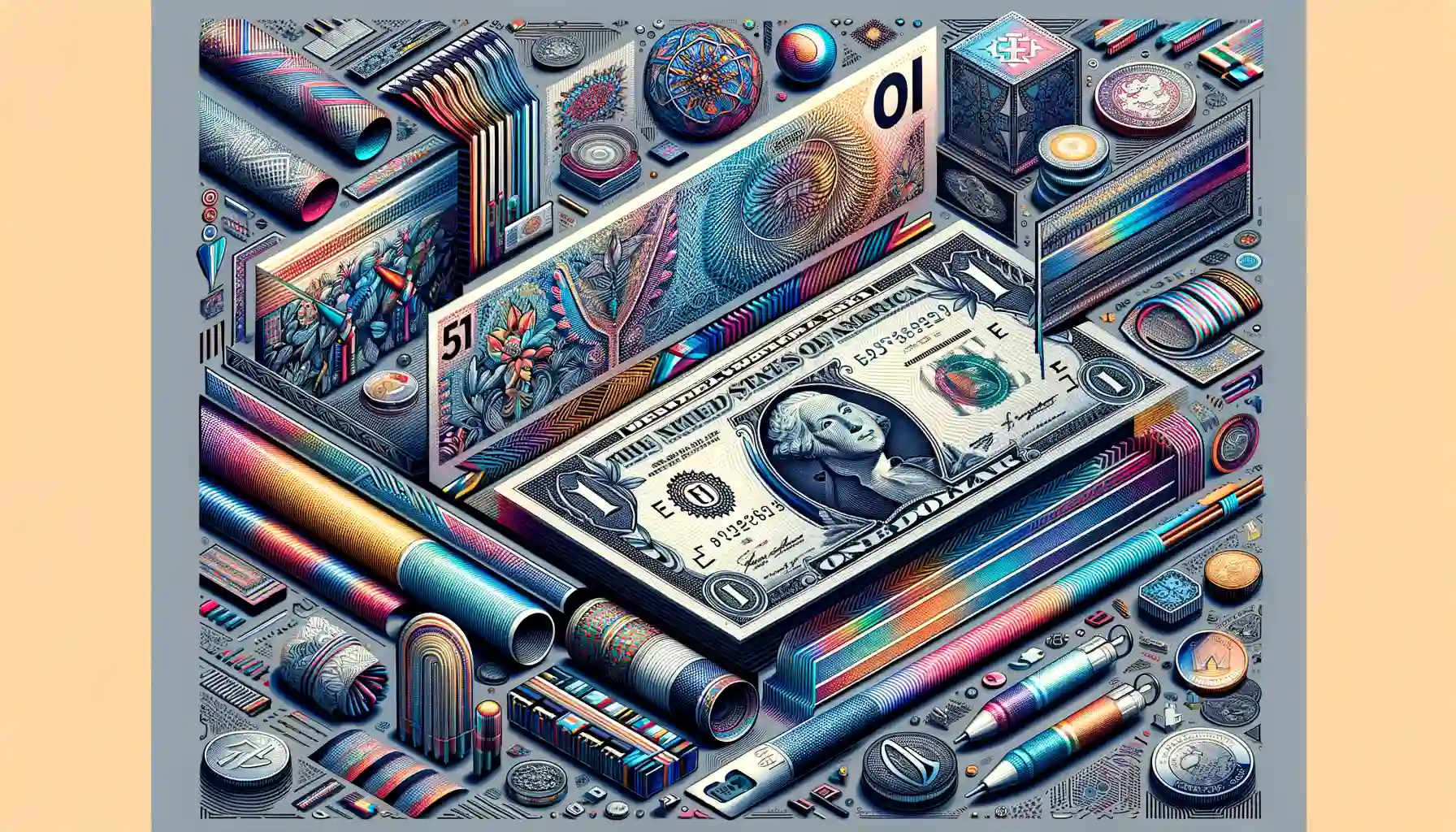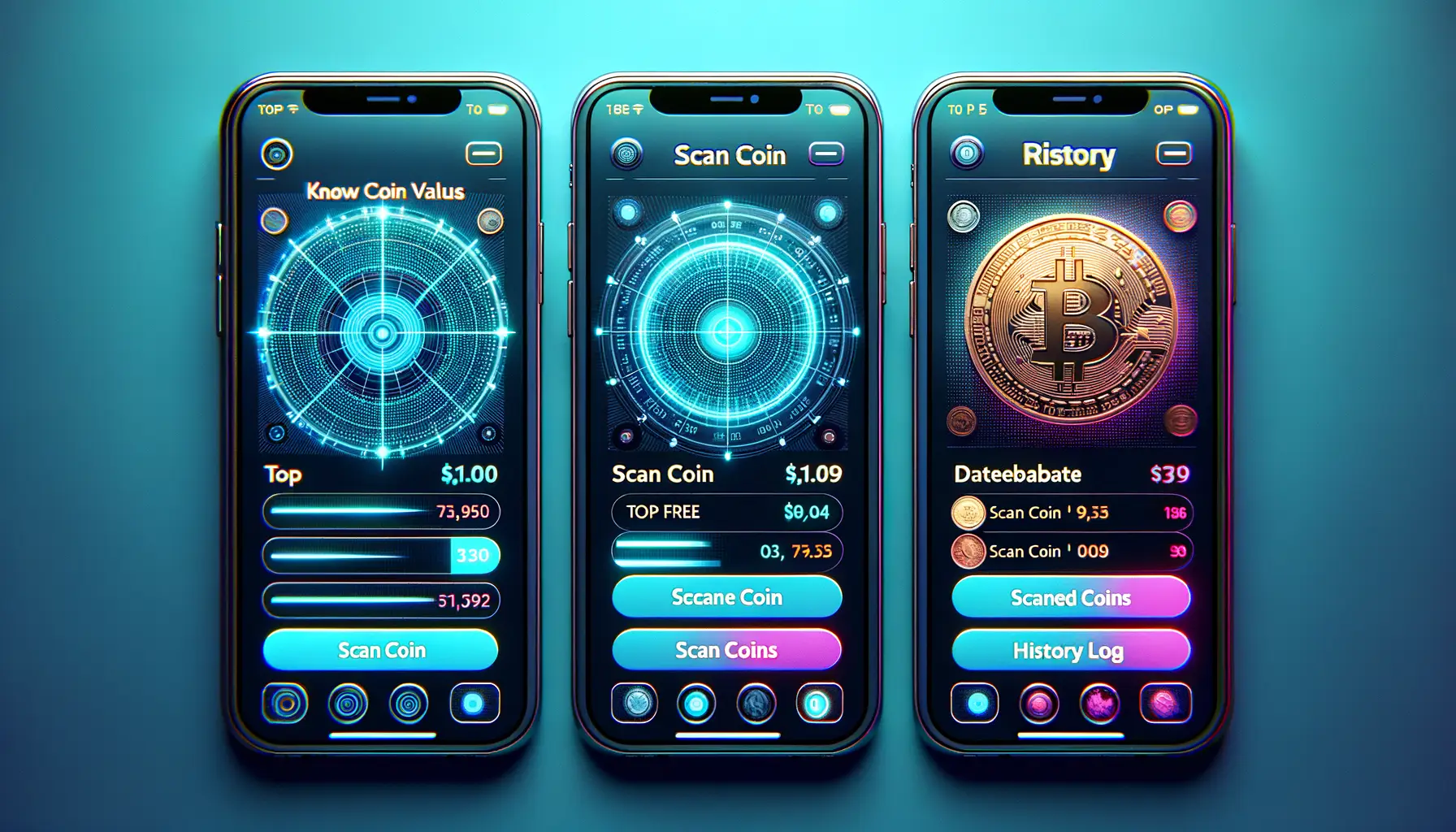Understanding Loot Boxes and Their Role in Gaming
What Are Loot Boxes, Exactly?
Picture this: you’re deep in your favorite game, on the verge of unlocking something epic. Suddenly, there it is—a glowing, mysterious crate begging to be opened. That’s a loot box. In essence, a **loot box** is a virtual item containing random rewards like rare skins, powerful gear, or even quirky emotes. Sounds exciting, right? But here’s the twist—you often don’t know what’s inside until after you’ve bought or earned it. Think of it as a digital grab bag, and just like in life, sometimes you strike gold… and other times, it’s just another magenta hat.
These virtual treasure chests can usually be acquired by either grinding for hours or simply swiping your credit card. They’ve become a cornerstone of gaming monetization, especially in popular titles such as FIFA Ultimate Team or Apex Legends. But why are developers so hooked on them? The surprise factor! It taps into psychology, teasing players with that unpredictable dopamine hit—like scratching a lottery ticket.
Why Players Are Drawn to Them
It’s not just about the “stuff” inside; it’s the thrill of the reveal. Gamers love loot boxes because they offer:
- Anticipation: What could be in it? Maybe that ultra-rare cosmetic you’ve been chasing for months?
- Exclusivity: Some items are only available through these boxes, heightening their appeal.
- Social bragging rights: No one can resist flaunting that impossible-to-get golden riot shield in Warzone.
However, behind all the glitter and glamour lies a controversial side, where excitement blurs into exploitation. But let’s save that discussion for another section. For now, we can agree—whether you love them or loathe them, loot boxes have reshaped how games engage and reward us.
Ethical Concerns Surrounding Loot Boxes

The Emotional Toll on Players
Loot boxes, those glittering treasure chests of chance, are designed to captivate. But beneath their dazzling surface lurks a troubling reality: they can emotionally manipulate players. Think about it—have you ever felt the rush of anticipation when opening a loot box, only to be crushed when it didn’t contain that coveted skin or rare item? That cycle of hope and disappointment isn’t accidental; it’s engineered.
For some, this rollercoaster leads to frustration, while for others, it spirals into compulsive behavior. Studies reveal that loot boxes often mimic the hooks of gambling, exploiting the same psychological triggers. This is particularly concerning for younger players who may lack the ability to recognize these subtle manipulations.
- The “near-miss” tactic: You didn’t win, but you came *so close*. Try again!
- Time-limited offers: A ticking clock drumming urgency into your decisions.
- Social comparisons: Who wouldn’t feel the sting of falling behind friends who hit the jackpot?
Game developers might argue that it’s all part of the fun, but when the emotional stakes skyrocket, one has to wonder—is it really just a game anymore?
A Question of Fairness
Is everyone playing on an equal field when it comes to loot boxes? The answer, frustratingly, leans toward “no.” A player with a larger wallet may triumph over someone who’s grinding hours for free rewards. It creates a system where merit takes a backseat, and your credit card becomes the ultimate weapon.
What’s more unsettling is the opaque nature of loot box odds. How often do games show you exactly what your chances are? Rarely, if ever. Imagine stepping into a casino where the slot machine hides its payout probabilities. It wouldn’t feel right, would it? That’s precisely the issue here. By keeping players in the dark, game publishers wield all the power, leaving gamers to navigate blindfolded through a maze of percentages and slim odds.
Emerging voices in the gaming community are asking a vital question: shouldn’t fairness, transparency, and respect for players trump profit margins?
Legal Perspectives on Loot Boxes

The Legal Patchwork Surrounding Loot Boxes
In the chaotic realm of gaming law, loot boxes sit inside a swirling gray area. Are they harmless fun or gateways to gambling? Well, that depends on where you live—and what side of the debate you’re on. Some countries, like Belgium and the Netherlands, have taken a hard stance, outright banning certain loot box systems by labeling them as a form of unregulated gambling. Meanwhile, other nations, such as the United States, seem caught in analysis paralysis, leaving players and developers to navigate uncharted waters.
Consider this: loot boxes often offer randomized rewards for cash, which mirrors the mechanics of slot machines. This raises eyebrows among regulators who wonder—should your kid’s favorite game really resemble a casino? What makes it trickier is the lack of consistency in laws between regions. One country’s “toy” is another country’s “contraband.”
- UK regulators: They stop short of labeling loot boxes as gambling but demand stricter player protections.
- China: Game companies must disclose loot box probabilities, giving players at least a sliver of transparency.
The takeaway? Whether you’re a player, developer, or concerned parent, the legal maze around loot boxes is anything but straightforward.
When Does It Cross the Line?
Here’s the million-dollar (or should we say microtransaction-sized?) question: when does a loot box cross the line into something more sinister? According to some legal experts, the magic word is “consideration.” If real money fuels the spin for a chance at virtual goods with value—be it perceived or tangible—you might just be holding a digital lottery ticket.
Take the infamous case of EA’s FIFA packs, for example. While some argue these virtual card packs are akin to collectibles, others contend they prey on impulsive spending habits. And yet, enforcement trails behind the increasingly inventive monetization methods in games. So as the legal lines blur, discussions around transparency and accountability grow louder—players want clarity, not confusion.
Impact of Loot Boxes on Player Behavior and Spending

How Loot Boxes Hook Players: The Psychology Behind the Spin
Imagine unwrapping a gift, the thrill of not knowing what’s inside. That’s the sensation loot boxes expertly replicate, tapping into our deepest psychological triggers. They don’t just dangle flashy rewards like rare skins or powerful items—they dangle hope. And hope? It’s a potent driver.
Loot boxes capitalize on something psychologists call the “variable-ratio reinforcement schedule”. It’s a fancy way of saying: the reward isn’t guaranteed, but when it comes, oh, it feels amazing. This is the same mechanism slot machines use to keep gamblers spinning reels. The unpredictable nature of what’s inside creates anticipation, which quickly morphs into compulsion.
Players often don’t realize they’ve crossed the line. At first, it’s harmless fun: you pay for one loot box, thinking it’s a quick splurge. But the dopamine rush makes going back for “just one more” almost irresistible.
- A shiny new cosmetic skin…
- That ultra-rare weapon upgrade…
- The envy-inducing bragging rights in multiplayer…
Every purchase feels justified. And that’s exactly how spending spirals out of control—quietly, almost invisibly. Before long, players are left staring at empty wallets, wondering where their money went.
Potential Solutions and Industry Responsibility

Bright Ideas for a Better Gaming Landscape
The gaming industry stands at a crossroads, and it’s not just about choosing the next big franchise. This is an ethical dilemma that calls for creative solutions and a willingness to redefine what responsible gaming looks like. Imagine logging into your favorite online game, knowing that every item you earn or purchase comes with total transparency. No hidden algorithms. No shadowy odds. Just you, your choices, and a fair playing field.
One potential move? Industry leaders could adopt clear, standardized disclosure policies. Players deserve to know the odds of scoring that legendary sword or rare skin—no fine print, no guessing games. Another idea? Ditch randomized rewards altogether and embrace a **direct-purchase model**, where you pay for what you genuinely want. No one should have to endure an endless loop of “spin-and-pray.”
- Implementing spending limits tied to a player’s age group.
- Rewarding achievements or loyalty instead of sheer spending power.
Developers hold the keys to a more ethical future. Imagine them not as gatekeepers of creativity but as custodians of trust, pioneering a gaming experience free from manipulation.



